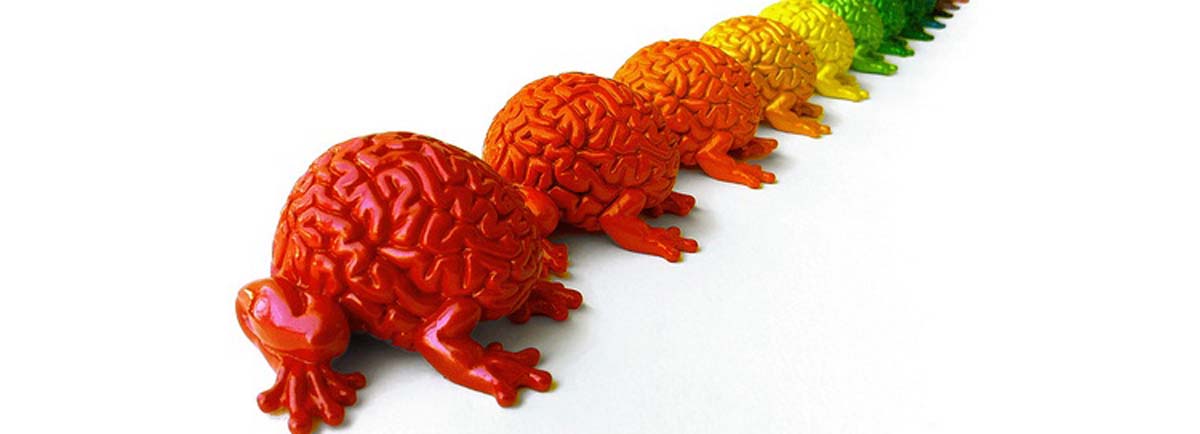Table of Contents
Mucuna pruriens is a tropical climbing vine common in India (where it is raised as a crop for use in herbal medicines), the West Indies, and Africa. Growing up to 15 meters (50 feet) long, the mature vine is covered with fine hairs that cause itching in animals that otherwise might eat it, hence the common name cow itch vine. The plant is known as atmagupta or kiwonch in Ayurvedic medicine.

Ayurvedic herbalists noticed over 5,000 years ago that the beans of the cow itch vine stimulate male sexual desire. This is because they contain up to 3% dopamine, naturally occurring in the bean. (Some cultivars of the vine grown in India have been bred to produce a much higher dopamine content.) This content of L-dopa has led serious research scientists, such as neurologist Dr. Bala V. Manyam of the Scott & White Clinic in Texas, to investigate the uses of cow itch vine in treating Parkinson's disease.
Here is what Dr. Manyam and colleagues have discovered about the experimental preparation made from the herb:
- Mucuna pruriens protects the energy-making mitochondria in the substantia nigra of the hippocampus of the brain so that these cells continue making dopamine, serotonin, and norepinephrine.
- The herb protects brain cells from DNA damage when it is applied with L-dopa, that is, it can be used with L-dopa or as a stand-alone treatment.
- Mucuna pruriens contains both coenzyme Q10 (CoQ-10) and antioxidant polyphenols structurally similar to some of the polyphenols found in green tea.
A typical dose of this herb provides about 3% of the L-dopa found in a standard dose of the prescription drug artane. While the herb provides a tiny amount of this needed neurotransmitter, its primary benefits are as an antioxidant.
But does Mucuna pruriens really work? We only have one clinical study involving just eight patients on which to base our conclusions. When researchers at the National Hospital for Neurology and Neurosurgery in London tested an ounce a day dose of the herb in
However, for Parkinson's patients who are not yet on L-dopa, Mucuna pruriens may offer an important way to prevent the progression of the disease. Anything that delays the necessity of taking L-dopa delays its inevitable side effects, and enhances quality of life at low cost, naturally.
- Katzenschlager R, Evans A, Manson A, Patsalos PN, Ratnaraj N, Watt H, Timmermann L, Van der Giessen R, Lees AJ. Mucuna pruriens in Parkinson's disease: a double blind clinical and pharmacological study. J Neurol Neurosurg Psychiatry. 2004 Dec. 75(12):1672-7. PMID: 15548480 [PubMed - indexed for MEDLINE]
- Manyam BV, Dhanasekaran M, Hare TA. Neuroprotective effects of the antiparkinson drug Mucuna pruriens. Phytother Res. 2004 Sep. 18(9):706-12.

